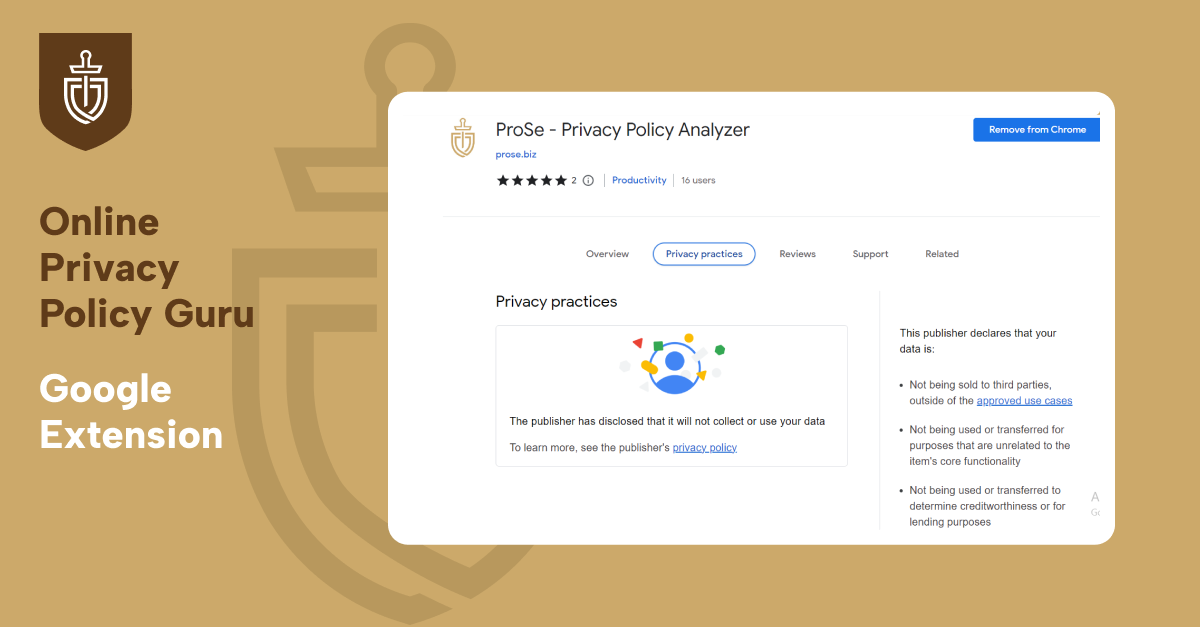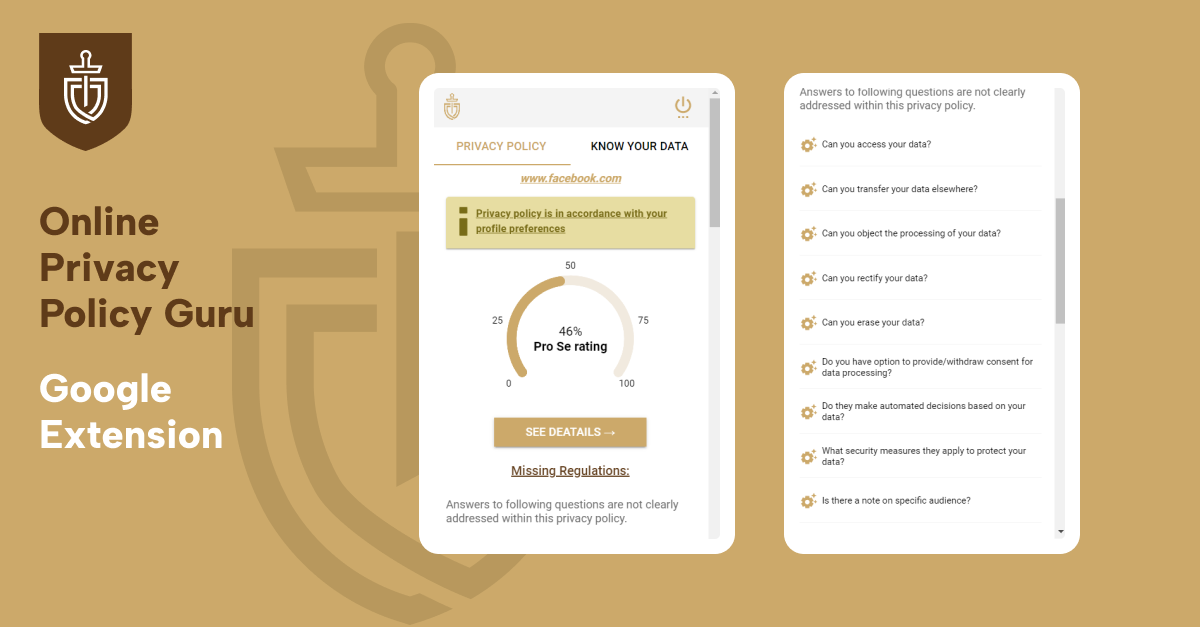2023-02-06

Upgrading your browser - Web extensions
Web browsers have evolved in various directions, all with the goal of allowing users to work more quickly and productively on the Internet. To do this, several browsers provide users a variety of settings that can assist in different levels of browsing. Web extensions are one of those alternatives that have become a vital, almost necessary feature of the user's browser.
From 1999 (Internet Explorer) to 2010, the most popular browsers that allowed web extensions were Mozilla Firefox, Opera, Safari, and Google Chrome.
What is the web extension?
The term "extension" refers to the ability of a browser to expand its operation and provide new options. They enhance the browsing experience and the browser's functioning in a variety of ways. Extensions are, in essence, applications-add-ons that a user downloads and installs in their browser in order to have a more convenient and personalized Internet experience. Web extensions can perform different tasks, from blocking unwanted ads and pop-ups to adding new features to websites. Some popular examples include ad blockers, password managers, and language translation tools. Web extensions can also be used to improve productivity by adding features such as to-do lists, task scheduling, and time tracking. Furthermore, Google Chrome differentiates extensions by kind, with various extensions affecting Accessibility; Blogging; Productivity; and Shopping. They also distinguish between Developer Tools, Fun Tools, News & Weather Tools, Photos, Search Tools, Social & Communication Tools, and Sports Tools.
How can users download the extension safely?
Once offered by the extension's designer, extensions can be downloaded from a variety of sources online. However, given that extensions are produced by different companies and that users usually accept their terms of use by using extensions, our recommendation is to download web extensions from verified sources and official extensions store sites such as: Google chrome - Chrome web store; Opera - Opera add-ons; Mozilla Firefox - Firefox browser add-ons; and Microsoft edge - edge add-ons. Users usually discover information about the data that the extension requires on the website where you try to download it. Most of the time, the same data is required by the privacy policy of the application or service, therefore it is critical to be cautious about who and what data is shared.
One of the new things that Pro Se has made available to its users is a new web extension that will assist them in knowing more about their online privacy.
We will also demonstrate how to utilize our Pro Se extension to rapidly check the privacy policies of every single website.
On our website, you may find a link to download the browser extension. In a few simple steps, we will show you how to install our extension and examine Facebook's privacy policy.
Except in approved instances, you may notice on our page in the Chrome Web Store that we do not collect or utilize data. Please keep in mind that when installing every extension, you should carefully examine the policies and rules that affect privacy.

After installing the extension, a puzzle-like icon appeared in the right part of the address bar. You must click on it for our extension to appear.

By entering our extension, you will have to log in to the account by entering the email and password.

The analysis of the site's privacy policy will then begin automatically. After a few seconds, you'll see the Pro Se rating, whether it corresponds to your preferences, and which questions the privacy policy does not address. This is how it looks.

As you can see, Facebook has a Pro Se rating of 46% since it does not answer several critical questions such as whether users may access, rectify, or remove their data, what security measures they are taking to secure users' data, and so on.
By using the extension, users can provide themselves with fast and easy functioning on the Internet. In addition, our goal is to enable users to be in the best possible position in a situation where they share data with different companies that may threaten their privacy.